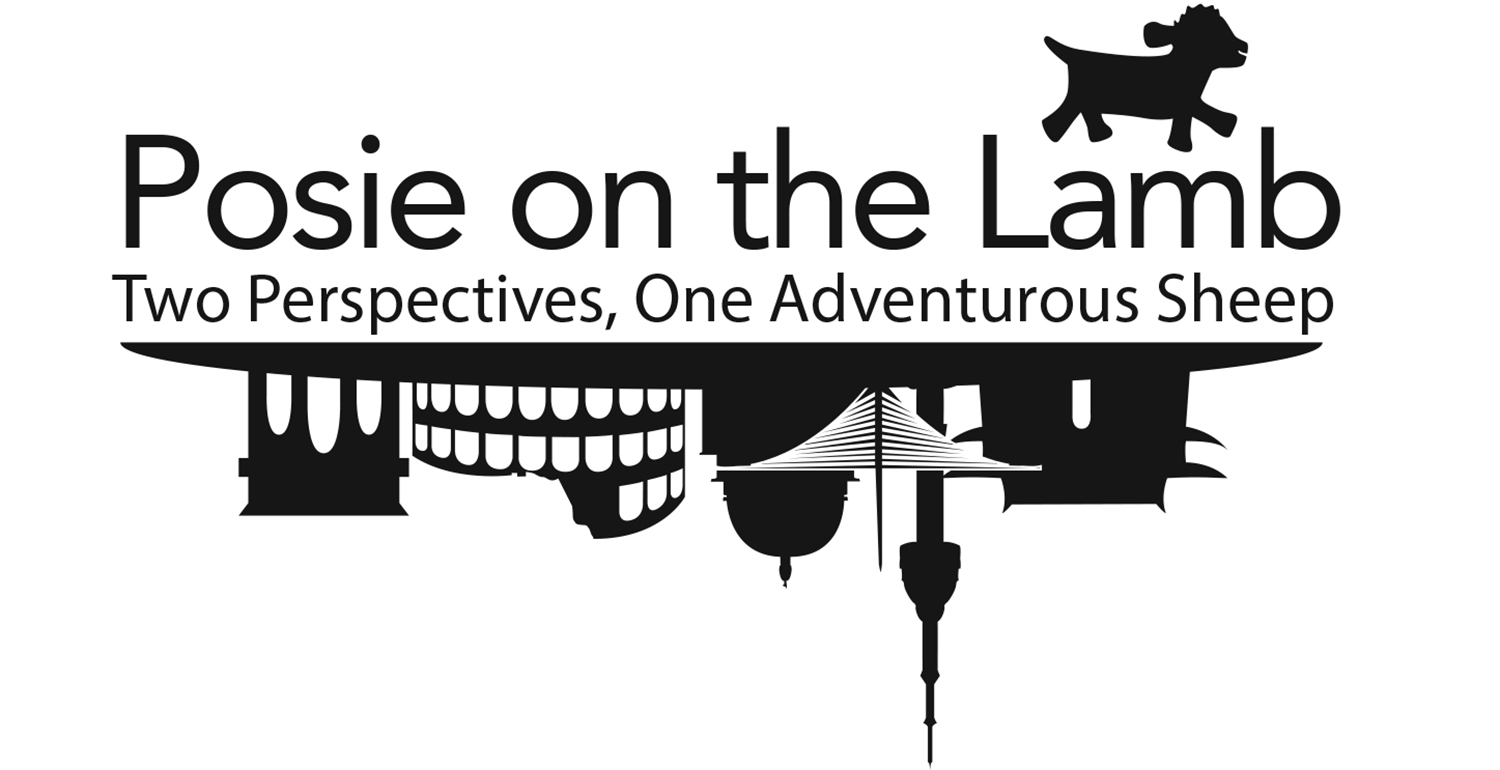On a Bike in Battambang

Cambodia is a red dust country. Our bus churned up clouds of it as we rolled toward Phnom Penh. At Angkor it clung to our sweaty faces like makeup. We coughed as our tuk tuk rattled down the gutted dirt track between rice fields at Battambang. Under the constant blaze of sunlight, Cambodia was like a pottery kiln. I was reading Full Tilt again, and had a prickling obsession to get on a bike.* I am no cyclist. The only part of biking I’m good at is sitting down. But Dervla Murphy’s storytelling, coupled with a predawn cycle past monkeys and ruins at Angkor, got under my skin. All I wanted was to be out in the dust.
Every hotel and travel office in Battambang had bikes for rent, just a dollar or two a day, no deposit, no ID required. Judging by their condition, the owners didn't worry much about theft or maintenance. But the wheels turned. So one morning I left Sam at a café and took off on an outsized yellow bicycle.
Battambang has the pleasant feel of a broken-down village, despite being the second largest city in Cambodia. At nine am it was already too hot for cycling. The November sky looked like a cheap movie backdrop, crayon blue overlaid with white bubble clouds. I put two water bottles in the wicker basket and headed north.
I pedaled past the central market, with it's baskets of skinned frogs, snakefish, and kaffir limes, then up a narrow side street. It was partly blocked by a wedding tent. Speakers pointed out the sides, sandblasting the street with music. Drivers lounged in the shade of their tuk tuks, playing smartphone games and waiting for customers. Another bike crossed my path, with tubes of bamboo sticky rice poking out of the basket. But most of the space was taken up with motorcycles.
Battambang isn’t big, but it has impressive free-form traffic. I stuck to the edges, slow and visible, letting the motorbikes weave around me. Occasionally SUVs came up behind and laid on the horn. I instinctively leapt toward the ditch, but it was just an FYI: I’m big. I’m about to pass you. Don’t do anything stupid.
Intersections and bridges were slalom fests. I had zero pride, and walked the bike across.
Out of town the road followed the river. Villages clustered along the riverbank, giving the impression of one long town. I passed through the remains of a morning market, with a few stragglers still packing up their wares. Music jangled from unseen instruments behind a screen of banana trees. The tune was sinuous and clanky, like an Indian steel drum ensemble.
Further on I passed schools, their courtyards jammed with bicycles. There were ornate Buddhist temples surrounded by spikey gardens of stupas, and then a smooth-domed mosque. Old women in colorful hijabs glanced up as I trundled past. Two figures in embroidered niqabs revved by on a pearly white motorcycle. Only their eyes were visible among the swirls of black fabric. I wondered briefly which I’d prefer—being veiled in Cambodia, where I could drive a motorcycle, or Saudi, where humidity barely exists. Just then I was too sweaty to form an impartial answer.
Beyond the Muslim village was a row of businesses that opened right onto the street. With the whole front wall missing, they looked like dollhouses. One sold nothing but jeans. The laundry's clotheslines were festooned with leopard print bras. Gas stations sold old Coke bottles refilled with diesel. The houses were stilted, with hammocks strung along the shaded understory. Women sat on the ground hacking open green coconuts. Their toddlers ran out to say hello.
On my way back to town, the schools let out for lunch. Bikes poured onto the road with two or three kids balanced on top. They zipped past me, waiving and shouting. I called back but didn't waive., knowing I'd end up in a ditch and they'd laugh 'til they peed their pants. And I didn't want to get them in trouble with their moms for soiling their clothes.
They laughed anyway and raced on, skidding among the potholes and raising dirt clouds. One kid, perched on his friend's back fender, yelled to me as they disappeared around a corner. I didn't catch the words, but the gist was clear. Eat our dust, lady!
There’s a campaign on to nominate the bicycle for a Nobel Peace Prize. I'm warming to the idea. Bikes create opportunities for disadvantaged people. They increase access to services like healthcare and education. They grant freedom of movement to the isolated. They’re eco-friendly, easy to use, and easy to fix.
Bikes are a boon to travelers as well. Not just for the Dervla Murphys of the world, cycling deserts and ice. I spent a few hours pedaling haphazardly around Battambang. There was nothing epic about it. But it brought me closer to Cambodia than all the hours I'd logged in buses and tuk tuks. I was moving through the landscape, not past it. I talked to people, heard their music, made them laugh. I felt the burning sunshine. I tasted the dusty air.
-Erin
*Dervla Murphy is my favorite traveler of all time. Full Tilt, her first book, describes a trip she took from Ireland to India. Alone. On a bike. In the 1960s. She’s all that is woman.
